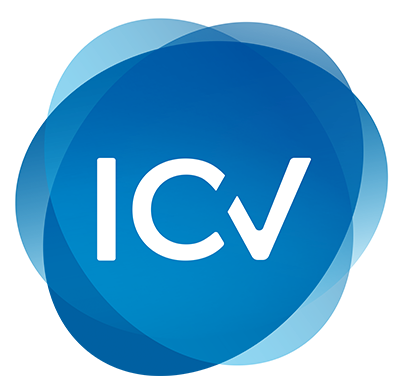What is controlling? Perspective of the ICV and the IGC

Controlling is a key success factor for companies in German-speaking countries. However, there are often uncertainties about what the essence of Controlling really is. Hence, this paper aims to provide an up-to-date view of the term “Controlling” and the role of the controller. At the same time, it defines the position of the International Controller Association (Internationaler Controller Verein, ICV) and the International Group of Controlling (IGC).
Our starting point is the understanding of “Controlling” developed by Albrecht Deyhle. It is characterized by three features:
- target-oriented management,
- controllers and managers acting as a team,
- interplay between analytics and soft factors.
Thus, this paper reviews Albrecht Deyhle’s basic ideas and, in view of the aforementioned developments and scholarly debate in the field, gives a brief and up-to-date perspective on the concept of “Controlling”.
Read the first statements here; you can get further input if you download the complete policy paper (see right column):
"Controlling is management’s work. It means thinking in terms of the goal and aligning all decisions with their impact on success.
This means that the activities of planning and calculation (international: “calculative practices”) as well as control and management are of central importance. This applies to each individual management decision as well as to the management of the company as a whole (corporate management).
In the latter case, it is important to ensure that information supply, planning and control are interlinked within the framework of corporate management:
1. The formation of wills as part of strategy development and planning defines the goals and the means to achieve them. The associated preoccupation with the future also helps to cope better with it even if everything turns out completely differently than planned.
2. The control checks whether the goals are being achieved and - if not - what the reasons for this are. The knowledge gained in this way is used as early as possible to take countermeasures and improve execution and planning.
3. Planning and control together set limits for the individual in the company and enable decentralized freedom and initiative.
4. Due to the complexity of the management process, it is essential to anchor controlling thinking in everyone's minds ("convince employees that they want to participate").
